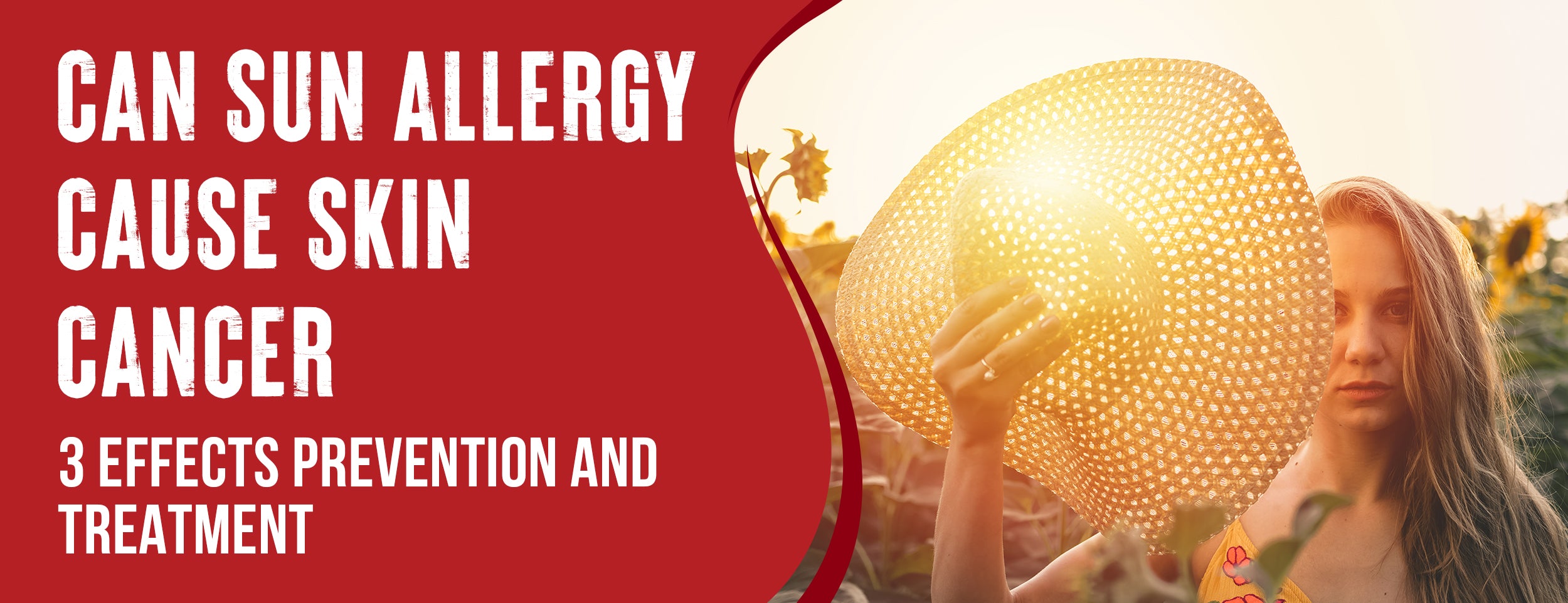You might be surprised to learn that the weather can impact your allergies. You likely have weather allergies if you get congested when it rains or your eyes run when it's windy.
Yes, cold weather can cause allergies. Cold urticaria is a skin reaction to cold exposure, causing itchy welts (hives) on the affected skin. Symptoms can vary, with some experiencing minor reactions and others having severe responses.
In this blog post, we uncover the mysterious cold urticaria, what it is, its symptoms, who is at risk, and severe cases that can cause fainting. Learn how dermatologists diagnose it & why having epinephrine on hand is crucial in icy emergencies.
Can You Be Allergic to Cold Weather: 5 Common Factors

Cold urticaria, a form of physical urticaria in which hives or large, itchy red welts form on the skin, is caused by cold temperatures. The condition can be quite puzzling, and it's essential to understand what triggers this unusual allergy. Several common factors can trigger Cold Urticaria. They include:
- Exposure to Cold Air: This is the most common trigger. Cold air can cause the skin to react, leading to the appearance of hives or welts.
- Touching Cold Objects: Direct contact with cold objects can also trigger a reaction. This could be anything from holding an ice-cold drink to touching a cold metal railing.
- Swimming in Cold Water: Immersion in cold water can lead to a severe, whole-body reaction - a potentially dangerous situation if the person is swimming.
- Consumption of Cold Food or Drinks: Eating or drinking something cold may also provoke some reactions in some individuals.
- Physical Exercise in Cold Weather: Engaging in physical activities during cold weather can also lead to a reaction, especially if the body is not adequately covered.
Cold Weather Allergies: Diagnosis and Testing

Cold urticaria, for example, can be diagnosed and tested by medical professionals to determine if the condition exists. Here's more on this topic.
Cold Urticaria Diagnosis
Diagnosing cold urticaria, also known as a cold allergy, is not always straightforward. Here's a general process doctors might follow:
- Medical History Review: The doctor will first evaluate your symptoms and health history. They'll ask about your reactions to cold weather and if any family members have similar issues.
- Physical Examination: Next, the doctor will conduct a physical examination. They'll pay special attention to the areas where you've experienced hives or other reactions.
- Cold Stimulation Test: Sometimes, the doctor may perform a cold stimulation test. This involves placing an ice cube on your skin for a few minutes to observe if any reaction occurs.
Tests Used to Confirm a Diagnosis
After initial observations, doctors may use specific tests to confirm a diagnosis of cold urticaria:
- Temperature Test: This test involves applying a cold object to the skin for a certain period and observing reactions. Temperature and duration may vary depending on individual circumstances.
- Ice Cube Test: This is a standard method to diagnose cold urticaria. Ice cubes are applied to the skin for about 5 minutes. If a red, swollen bump (hive) forms after the ice is removed, it's a positive sign of cold urticaria.
- Complete Allergy Testing: If the results from the previous tests are inconclusive, complete allergy testing may be conducted. This could include blood or skin prick tests for other possible allergens.

Living with Cold Urticaria
Living with cold urticaria, or an allergy to cold weather, can present unique challenges and impact daily life in various ways. Here are some first-hand accounts from people who live with this condition.
The Impact of Cold Urticaria on Daily Life
People with cold urticaria have to adapt their lives to manage the condition. Here's how it might affect them:
- Outdoor Activities: Cold weather activities like snowball fights or ice skating may have to be limited or avoided to prevent allergic reactions.
- Dressing for the Weather: Even during mild weather, extra layers of clothing may be necessary to protect against cold air.
- Daily Tasks: Everyday tasks like grabbing a cold drink from the fridge or swimming in cold water can trigger symptoms.
- Planning: People with cold urticaria often need to check the weather before leaving home and plan their day accordingly.
Personal Stories and Experiences from Those Affected
Hearing from those who live with cold urticaria provides valuable insight into the condition. Here are some shared experiences:
- Adapting to Change: Many people have had to modify their lifestyles, like changing their preferred outdoor activities or dressing differently, to avoid triggering symptoms.
- Finding Support: Joining support groups or online communities has been helpful for many in managing the emotional impact of the condition.
- Navigating Challenges: Some individuals have shared stories about the challenges they faced in getting diagnosed, as cold urticaria is a lesser-known condition.
Remember, each person's journey with cold urticaria is unique. Consult a healthcare professional for accurate information and personalized advice.
Strategies for Treating and Preventing Cold Weather Allergies
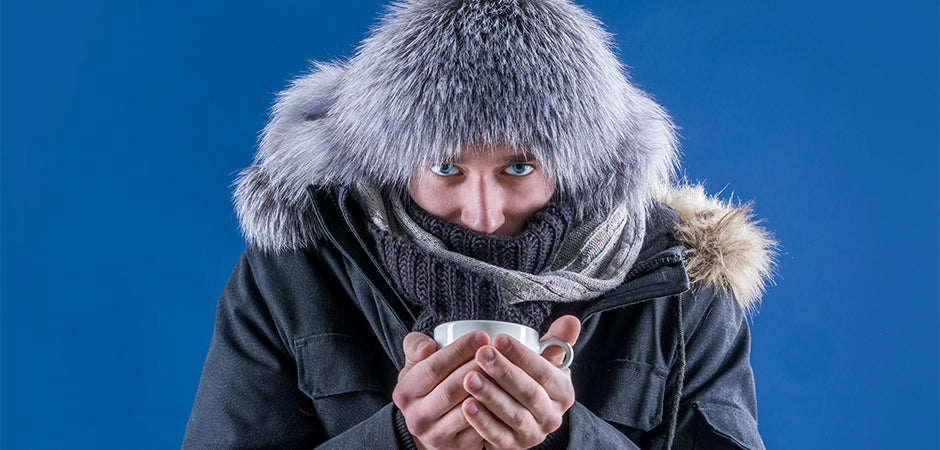
Combining treatments and prevention strategies can effectively treat and prevent cold urticaria. We'll explore the options that can help those with this allergy live more comfortably.
Current Treatments Available for Managing Symptoms
The goal of treating cold urticaria is to manage symptoms of skin irritation and prevent severe reactions. Here's a look at some standard treatment methods:
- Antihistamines: These are often the first line of defense. They can help reduce itching, hives, and other symptoms.
- Topical Creams: Doctors may recommend certain creams or ointments to soothe skin reactions caused by cold exposure.
- Corticosteroids: In some severe cases, doctors might prescribe corticosteroids. These can help reduce inflammation and control allergic reactions.
First, new treatments should be discussed with a healthcare professional.

Tips and Strategies for Preventing Outbreaks
Prevention is key when living with cold urticaria. Here are some strategies to avoid triggering symptoms:
- Dress Warmly: Layer up when heading out in cold weather to protect your skin from exposure to cold air.
- Avoid Cold Foods and Drinks: Consuming cold items can trigger symptoms of skin irritation. Opt for room temperature or warm alternatives instead.
- Plan Ahead: Before planning an outdoor activity, check the weather forecast. Try to stay indoors during frigid days.
- Inform Others: Let your friends, family, and coworkers know about your condition. They can help if a reaction occurs.
Conclusion
Embrace the chill or dream of tropical beaches, but remember winter has challenges for some. Cold urticaria adds a unique, often unseen, twist to the season. As we wrap up warm and watch the snowflakes fall, let's take a moment to marvel at the wonders and intricacies of our bodies.
Our skin dances with the elements, reacting in ways we might not always understand or appreciate. And, whether you're one of the few who experience these frosty symptoms or not, stay curious.
It deepens our appreciation for the silent ballet our immune systems perform every day when we understand these fascinating phenomena. So here's to staying warm, curious, and never stopping to learn about this beautiful, sometimes frosty, world.



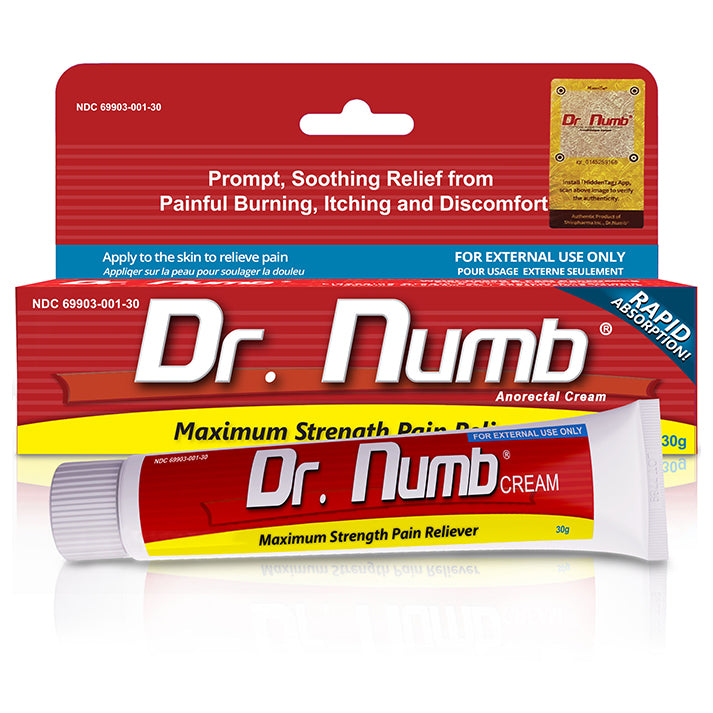


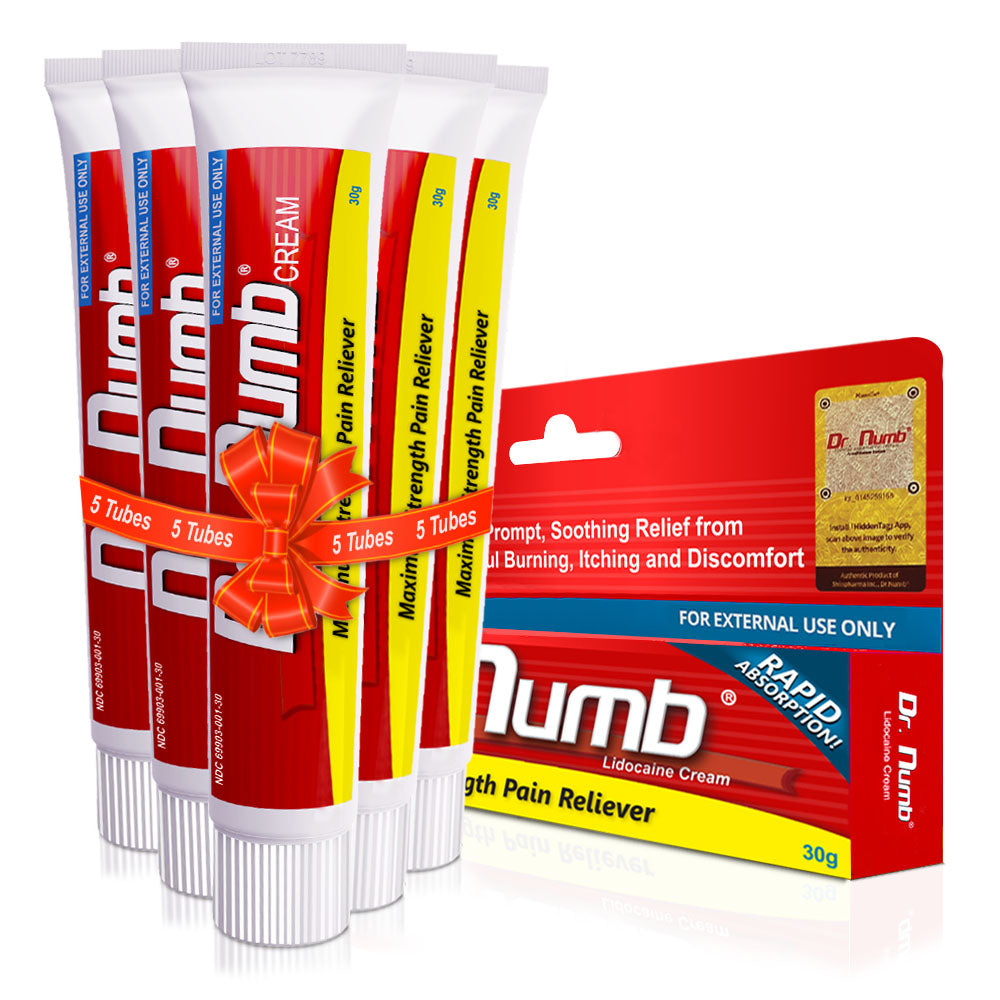


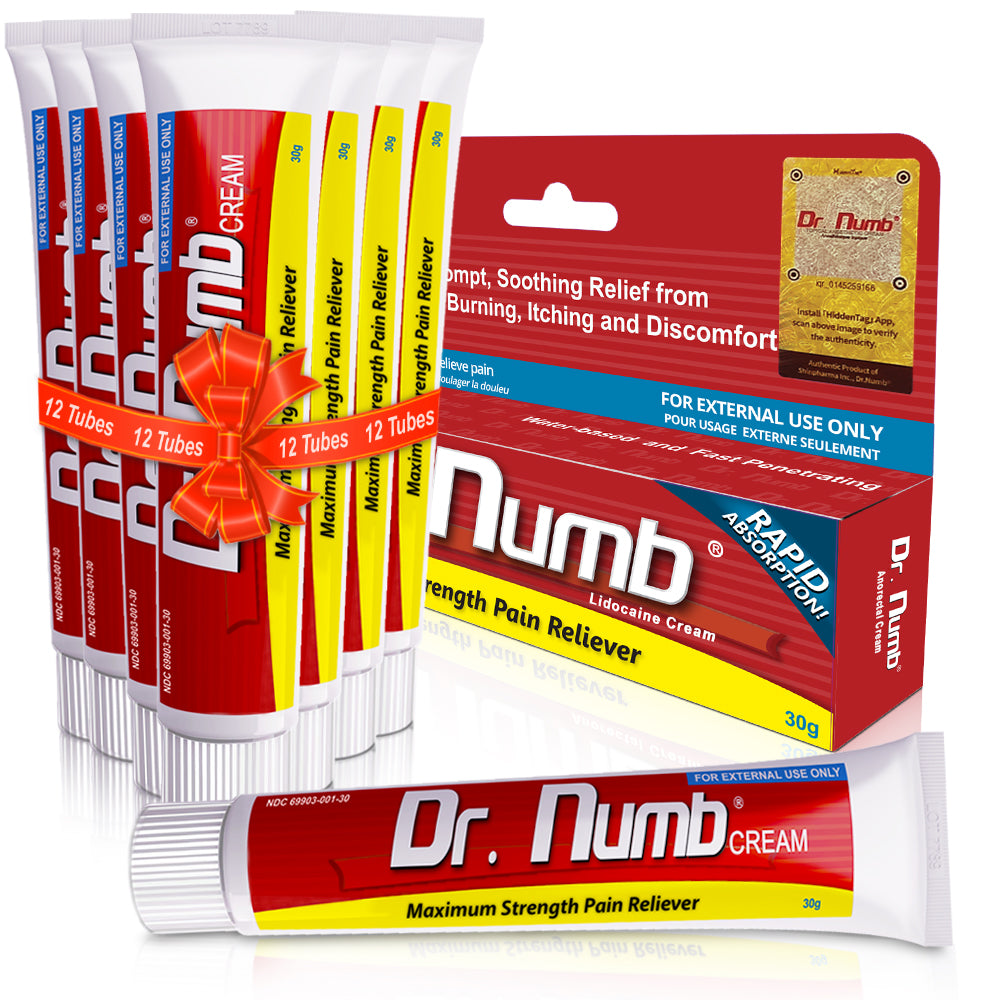





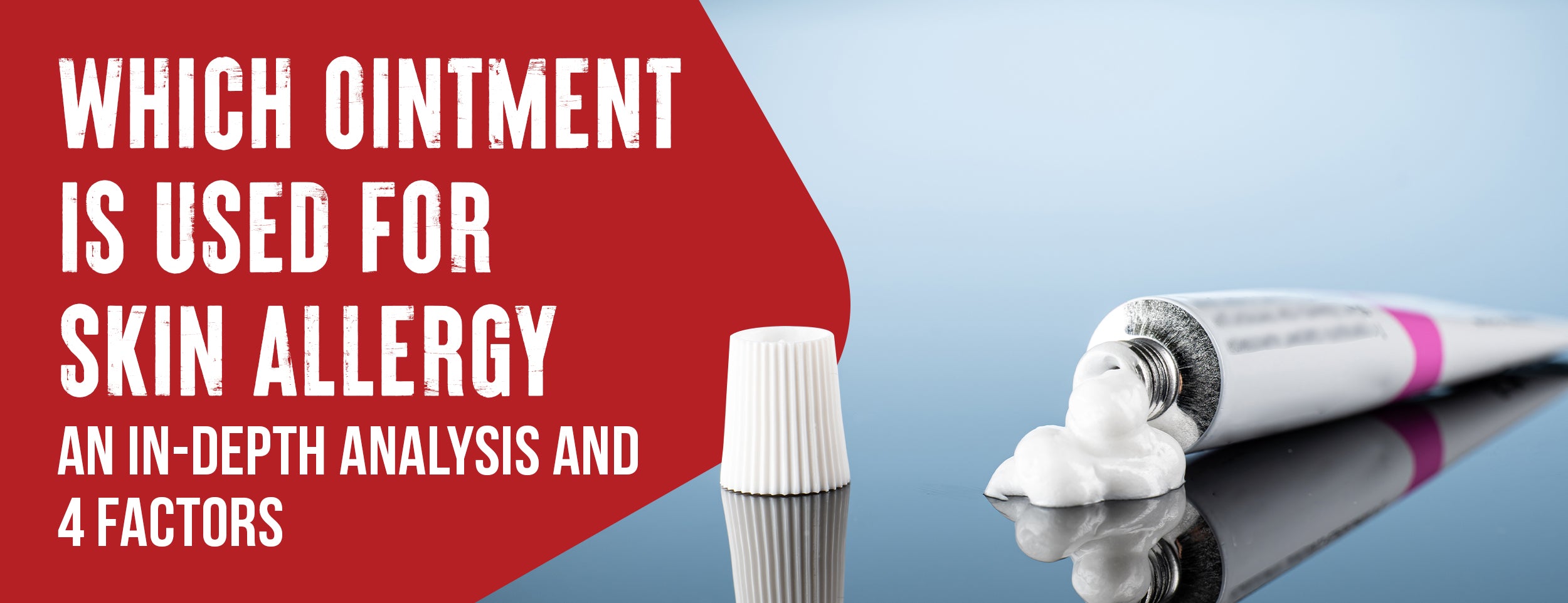
![The Most Common Food Allergies That Cause Itchy Skin [6 Common Symptoms]](http://drnumb.com/cdn/shop/articles/Can_Food_Allergies_Cause_Itchy_Skin__17_Listed_6_Symptoms_Common.jpg?v=1714999986)
